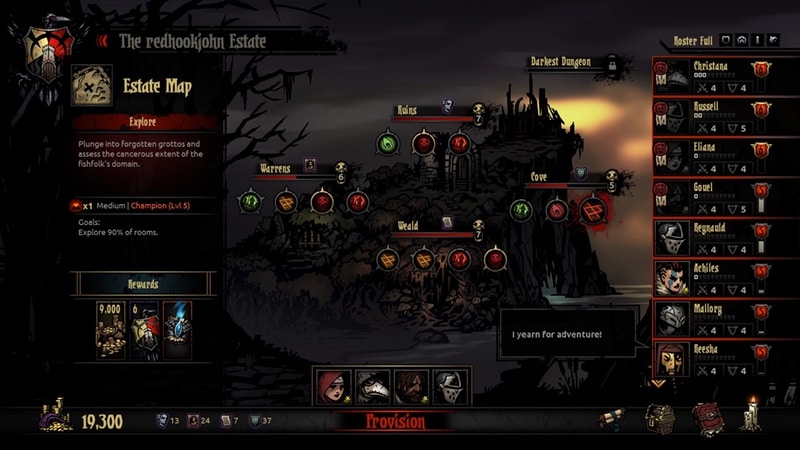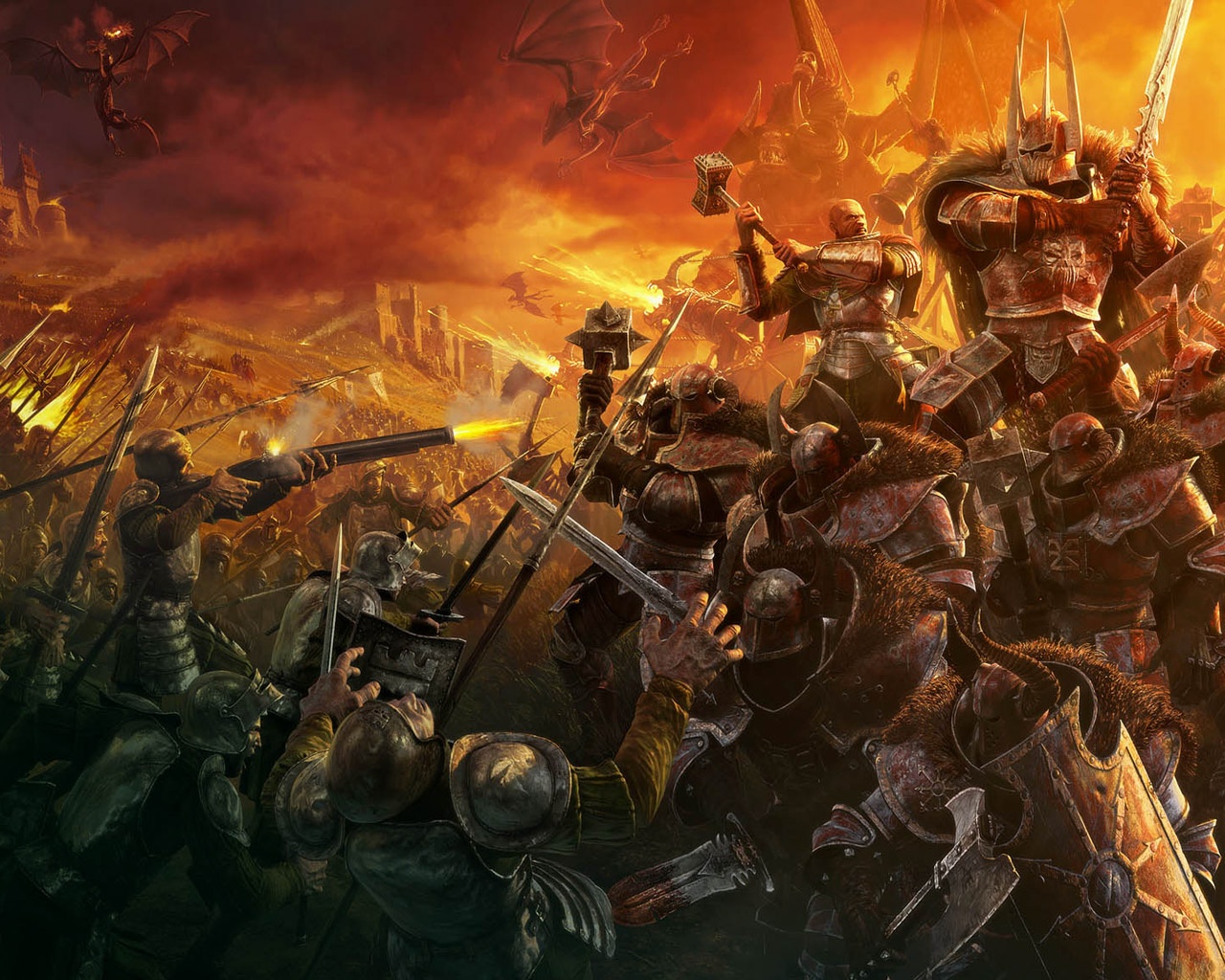(Editorial Note: Yesterday's post is here.)

The Error: One True Party
The RPG hobby has a persistent complaint about the players having to do everything together, always working as a unit, and when that dysfunctions for some reason or another--someone can't be there, usually--the entire train of thought derails. Many Dungeon Masters (DMs) resort to cancelling entirely if that happens, or cutting things short if that derailing occurs after the session begins.
There are other elements that are also components of this error. As all players must be present to play, therefore all characters must be present to proceed. Time passing in the campaign is rendered meaningless because nothing happens unless the party is there to encounter it.
- Time at the strategic level means nothing for this reason; opportunity cost does not exist because there is no penalty for not doing something instead of other options and rarely (if ever) will the party know that any such cost existed- relevant or not.
- Time at the tactical level means nothing for this reason; there is little, if any, sense of resources being depleated and compelling a withdrawl- if the party encounters something it is meant to be engaged, to be engaged without care for what is spent to conclude it in their favor, and to be decried if this expectation is not met.
- This means that time as a constraint of logistics does not exist either. The party can, like in many videogames, take as long as required to win whatever challenge is before them because nothing exists but what the party encounters and the party is rarely (if ever) meant to not engage with potential encounters.
Because the party exists as a unit, and only operates as a unit, the DM need only concern himself with what is immediately before the party. This also contributes to the sense of the medium as a narrative one; if this were a Writer's Room for a television series, nothing would be out of place and no one would think this goes against Best Practices because all that matters is the cast and what they do.
Now we see how Narrative Logic becomes commonplace, because by confining the player to a single character at a time and chaining all the players together into a virtual chaingang to constrain their agency it becomes very easy to use narrative conceits as lazy cheats to keep a campaign going where the DM wants it to- and as most players are passive, lacking the mastery of the game to see that the DM is cheating them, they learn to be as passive at the table as they are watching Netflix- only they talk more, roll dice, and fidget with numbers.
Again, you can get this as a far superior experience by playing a videogame- and, inevitably, most do just that.
But there is a remedy.

The First Correction: A Rotating Roster Under No One's Control
The element of the One True Party error that makes the rest possible is the removal of strict timekeeping and the enforcement of mandatory downtime as a result of same.
Restoring proper timekeeping remedies most of the problem caused by One True Party. When characters act in the campaign, they must pay a cost in time to do it.
Travel alone can take days, weeks, or longer. Doing whatever it is they seek to do while on location will add on more, from dealing with hostiles to securing any prizes and (of course) returning to base.
Characters that get wounded or afflicted will need time to recover. Characters that become eligible for improvements will need time to train. Characters seeking to learn specific things, or acquire specific possessions, will need to spend time acquire them. All of that time is added together and plotting on a calendar that is synchronized to real life; for that duration, those characters are locked down and unvailable to play.
This forces those players to make a choice when the next session rolls around while that character is locked down: play someone else or don't show up that time. Both are acceptable responses to the DM. When real life gets in the way, a savvy player loads up on downtime actions and goes away for that duration. Otherwise they can generate a new character, or take another available character if they have one, and go forth with that man.
This goes some of the way, but not all of it. Fortunately we have a follow-up.

The Second Correction: Putting Players In Charge Of Major NPCs
The major NPCs of a campaign are significant actors in their own right. Ambitious, but mistaken, DMs try to do this accounting all on their own and get frustrated when the players don't care about any of it because it doesn't involved the One True Party.
The savvy DM hands these NPCs off to the players--including players not in attendance--and lets them act autonomously.
The campaign now has a minigame of Diplomacy going on, with independent events going on that shape the campaign no matter what happens at the table. Sometimes this helps, sometimes it hinders, but when combined with that strict timekeeping it means that players can change how things go and the DM can focus on administering play as the disinterested Referee he was always intended to be.

The Combination: Easy Living World Play
What happens at the table now varies from time to time, with increasing frequency as the actions of Patrons (NPC and PC alike) shape the field in literal and metaphorical ways- each pursing their own agendas and seeking objectives to achieve them.
Characters now exist in a world in motion, operating independent of them. Timekeeping forces groups to not remain the same, and for charaters to not do everything together, meaning that the One True Party soon finds itself splintering as time and divergent intersts compel its members to go their own ways and seek out others to accompany them on various adventures.
Narrative logic goes out the window because having players play characters that come into conflict reveals narrative logic for what it is: CHEATING. Picking winners and losers "because that's what the story demands" is what a novelist does; in ANY OTHER CONTEXT it is cheating, and in real-life it gets you sanctioned, imprisoned, or killed.
No comments:
Post a Comment
Anonymous comments are banned. Pick a name, and "Unknown" (et. al.) doesn't count.